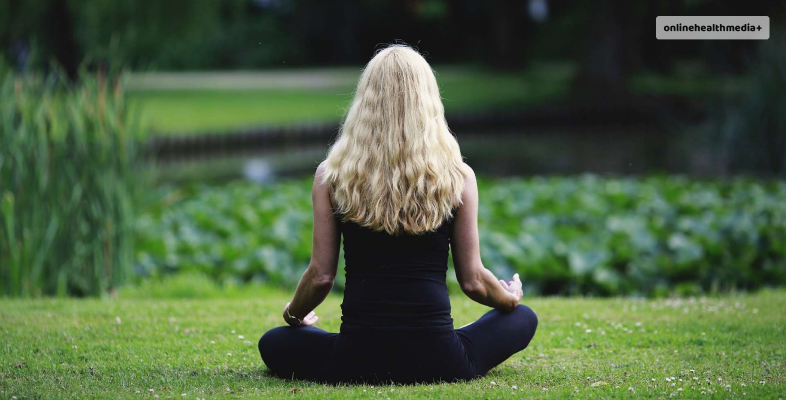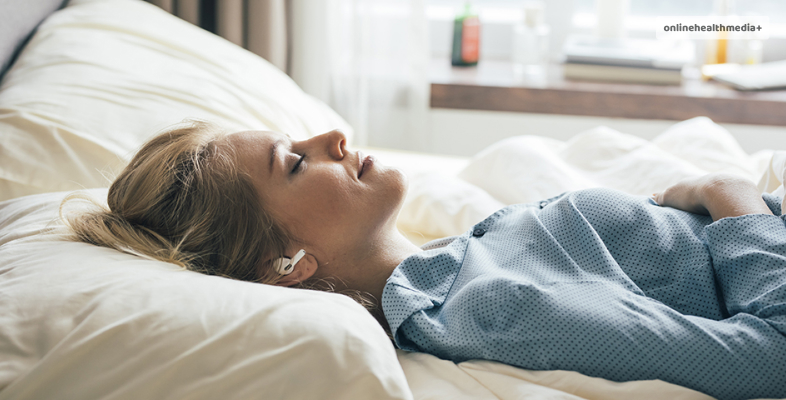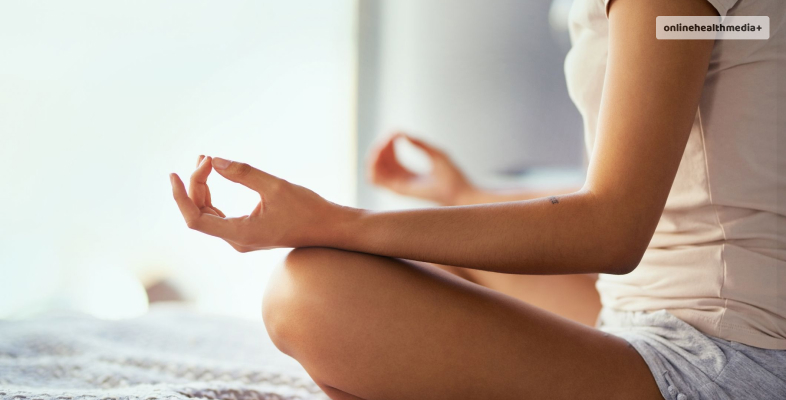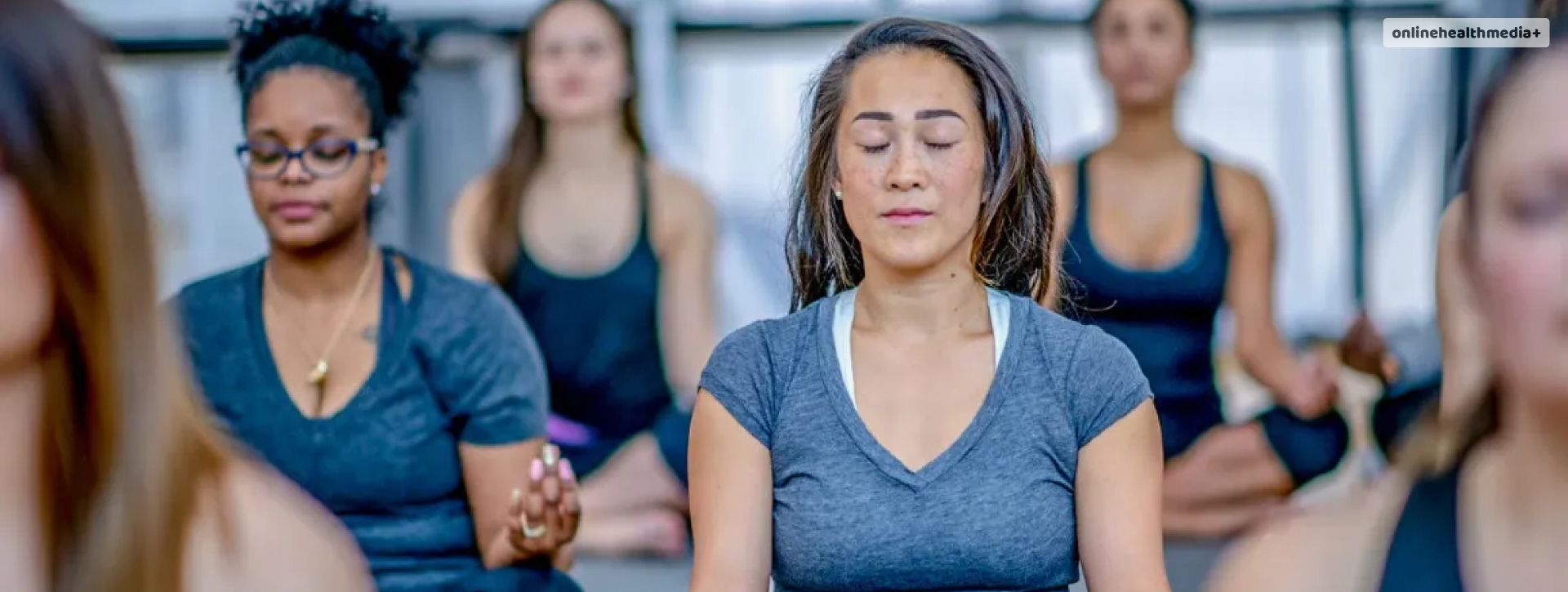Anxiety Got You Feeling Restless? Try Meditation For Anxiety!
Have you been wondering how to take care of your mental health? The hectic lives have gotten to us and we cannot take care of our overall health and wellbeing. It is becoming harder and harder every day to balance our mental and physical wellbeing.
Anxiety is a feeling of dread, uneasiness, and fear that is usually unexplainable and might leave you tensed, and restless with a rapid heartbeat. The amount of stress that we face every day- be it as teenagers or working professionals, we need a way out of the mental restraints!
It is true that anxiety can feel different for different individuals. However, at the core of it, all of us who experience anxiety feel a certain level of fear or uncertainty that leaves us restless. It is the basic human ability to be fully present and aware of our surroundings. This is mindfulness that makes us aware of our surroundings and lets us become more conscious beings.
Contents
Meditation For Anxiety

Did you try the 3-3-3 rule for anxiety but to no avail? Well, chances are you may be experiencing severe symptoms associated with anxiety which require other interventions. With the focus on mental health issues rising with increasing awareness, there are several tools for people to support their mental well-being.
There are several examples of interactive tools that are now available for you to improve your management of symptoms of anxiety. These include applications focusing on addressing mental health, applications that provide support, as well as helplines that can let you talk to an expert.
Meditation has been suggested as a non-pharmacological intervention for anxiety by several. Various other mental as well as physical ailments that can have a mental implications are prescribed the intervention.
Across various professions and settings, the development of anxiety is a prevalent issue that is majorly linked to work-related stress. If you are a student, you must have felt anxious before an exam or a stage performance- I used to experience this as well. It is not easy to get over anxiety as people usually make it out to be. Different people experience it very differently.
For example, in nursing students, the level of anxiety will be different than those in school or college. A study conducted in 2020, found that medication was effective in reducing anxiety in nursing students. The study specified that meditation was helpful in helping nursing students who were experiencing anxiety, in comparison to those who were not administered this treatment. Following is a list of meditation types that are beneficial for people experiencing anxiety:
Guided Meditation For Anxiety
Guided meditation for anxiety is a great option for you, if this is your first time trying the intervention, you will benefit from this type. Guided meditations are a form of meditation where you are ‘guided’ through the journey.
Think of it as attending a physical class for meditation- you are told what to do during these sessions and these help you overcome your symptoms. These are great for people who are just starting the journey and want to give it a try.
Sleep Meditation For Anxiety
Meditating while sleeping? That is a treatment I’d like to sign up for as well. Sleep meditation is a process where the body is prepared to relax before we go to sleep. In addition, the technique has been shown to help control the symptoms of anxiety, specifically those who struggle to fall asleep.
Stress, and restlessness are heightened in people with anxiety. Such that they cannot perform simple activities such as falling asleep, and shifting their attention away from the anxious thoughts.
The technique eliminates the most common factor that can interrupt sleep for people who are experiencing anxiety and help them in overcoming the symptoms that can hinder their day-to-day activities.
There are different ways you can practice sleep meditation- these include,
- Visualization
- Breathwork
- Body scanning
- Progressive muscle relaxation
- Counting breath

All of these are exercises that shift your focus away from the anxiety and its symptoms to natural processes happening in your body. For example, breathwork and counting breaths are two such examples of these exercises.
The exercises can feel overwhelming if you are just starting the journey, however, these are fairly simple. You can try following a guided sleep meditation for the first few sessions so that you are aware of the steps that are to be followed.
Another helpful exercise is body scan meditations that help in relaxing physically and mentally, helping you sleep peacefully. A body scan meditation helps you go back to sleep if you wake up in the middle of your nap or sleep.
Morning Meditation For Anxiety

If you feel anxious before starting your day then you may try morning meditation which can include either saying affirmations or practicing an exercise. The purpose of morning meditation is to let you start your day in a relaxing manner rather than with fear.
I have seen a drastic change in my experience with anxiety with morning meditation. Starting my mornings this way have helped me relax and be more in control of my thoughts. I witnessed a great change in my attitude throughout the day, so I would say if you experience it as well, this practice will be beneficial for you as well.
5 Minute Meditation For Anxiety
If you are short on time and do not want to engage in long sessions, you can try squeezing in a quick meditation. This can be as per your flexibility so you can do it any time of the day- either at the start or end of your day.
It can be as simple as focusing on your breath for five minutes or doing a quick version of guided meditation. It depends on your preference and what you are feeling up for.
Bottom Line
Meditation is the simplest and most flexible form of mindfulness practice that can help you reset your mood. You just need a quiet space and you are ready to focus on your day. Gradually, mindfulness practices help you get rid of the signs associated with anxiety, helping you accept yourself and align your journey with your goals.
Try these methods and let us know what works for you!
Also Read
- The Best Ways To Remove Your Pubic Hair.
- Fund Your Business With A Medical Business Loan.
- The Benefits Of Physiotherapy For Chronic Pain Management.
